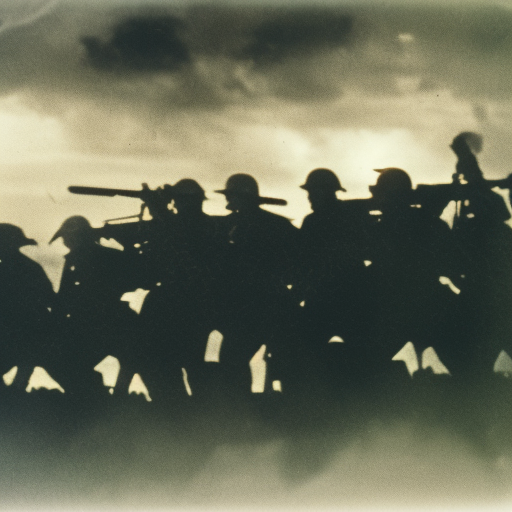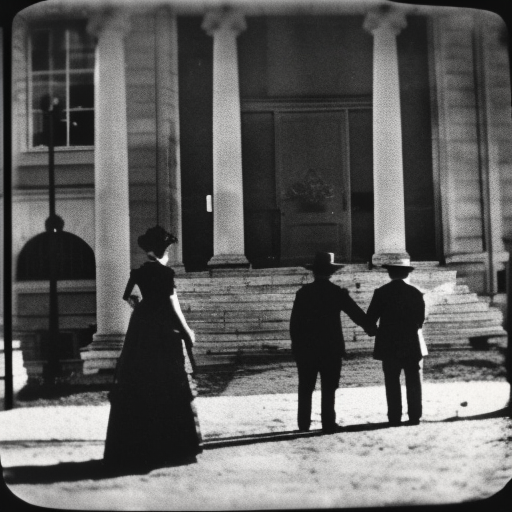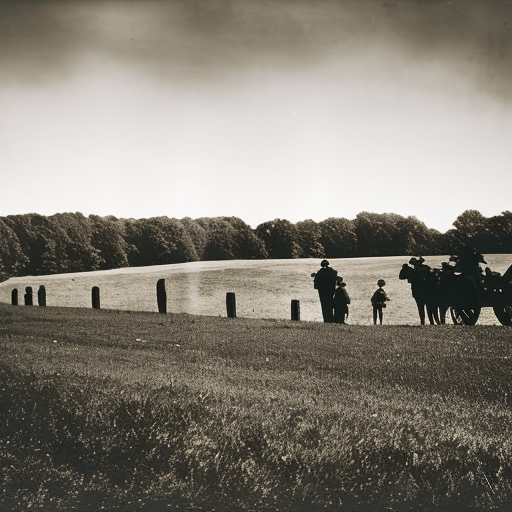The Battle of Vicksburg (1863)
The Battle of Vicksburg was a significant military engagement that took place during the American Civil War. It occurred from May 18 to July 4, 1863, in and around the city of Vicksburg, Mississippi. The battle was fought between the Confederate Army, led by General John C. Pemberton, and the Union Army, commanded by General Ulysses S. Grant. The Union victory at Vicksburg was a turning point in the war, as it gave the Union control over the Mississippi River and divided the Confederacy in two.
Background: Vicksburg was a strategically important city during the Civil War because it was located on a high bluff overlooking the Mississippi River. The Confederates had fortified the city, making it difficult for the Union to capture. The Union had been trying to gain control of the Mississippi River for some time, as it would effectively cut off Confederate supply lines and split the Confederacy in half.
The Siege of Vicksburg:
The Union Army began its campaign against Vicksburg in the spring of 1863. General Grant devised a plan to surround and besiege the city, cutting off its supplies and forcing its surrender. The Union forces initially attempted to take the city by direct assault but were repelled with heavy casualties. Grant then decided to lay siege to the city, cutting off all supply routes and bombarding it from both land and water.
The Confederate defenders, led by General Pemberton, held out for over six weeks, enduring constant shelling and dwindling supplies. The civilians in Vicksburg also suffered greatly during the siege, with food shortages and constant bombardment. As the siege continued, morale among the Confederate troops and civilians began to decline.
The Assault on Vicksburg:
On July 4, 1863, after 47 days of siege, the Confederate defenses finally collapsed. General Pemberton realized that his troops were on the brink of starvation and that further resistance was futile. He agreed to surrender the city to General Grant. The surrender of Vicksburg was a major blow to the Confederacy, as it gave the Union control of the Mississippi River and effectively cut off Confederate supply lines.
The Union victory at Vicksburg was a turning point in the war. It not only gave the Union control of the Mississippi River but also divided the Confederacy in two, making it more difficult for them to coordinate their military efforts. The capture of Vicksburg also boosted Union morale and increased support for the war effort.
Significance:
The Battle of Vicksburg was a significant event in the American Civil War. It marked a major turning point in the conflict and had several important consequences. The Union victory at Vicksburg gave them control of the Mississippi River, which was a crucial supply line for the Confederacy. It also divided the Confederacy in two, making it more difficult for them to coordinate their military efforts.
The capture of Vicksburg boosted Union morale and increased support for the war effort. It also solidified General Grant’s reputation as a skilled military commander and eventually led to his appointment as the commander of all Union forces. The battle had a profound impact on the outcome of the war and helped pave the way for Union victory.
In conclusion, the Battle of Vicksburg was a decisive engagement during the American Civil War. The Union victory at Vicksburg gave them control of the Mississippi River, divided the Confederacy, and boosted Union morale. It was a turning point in the war and had a significant impact on the eventual outcome.












